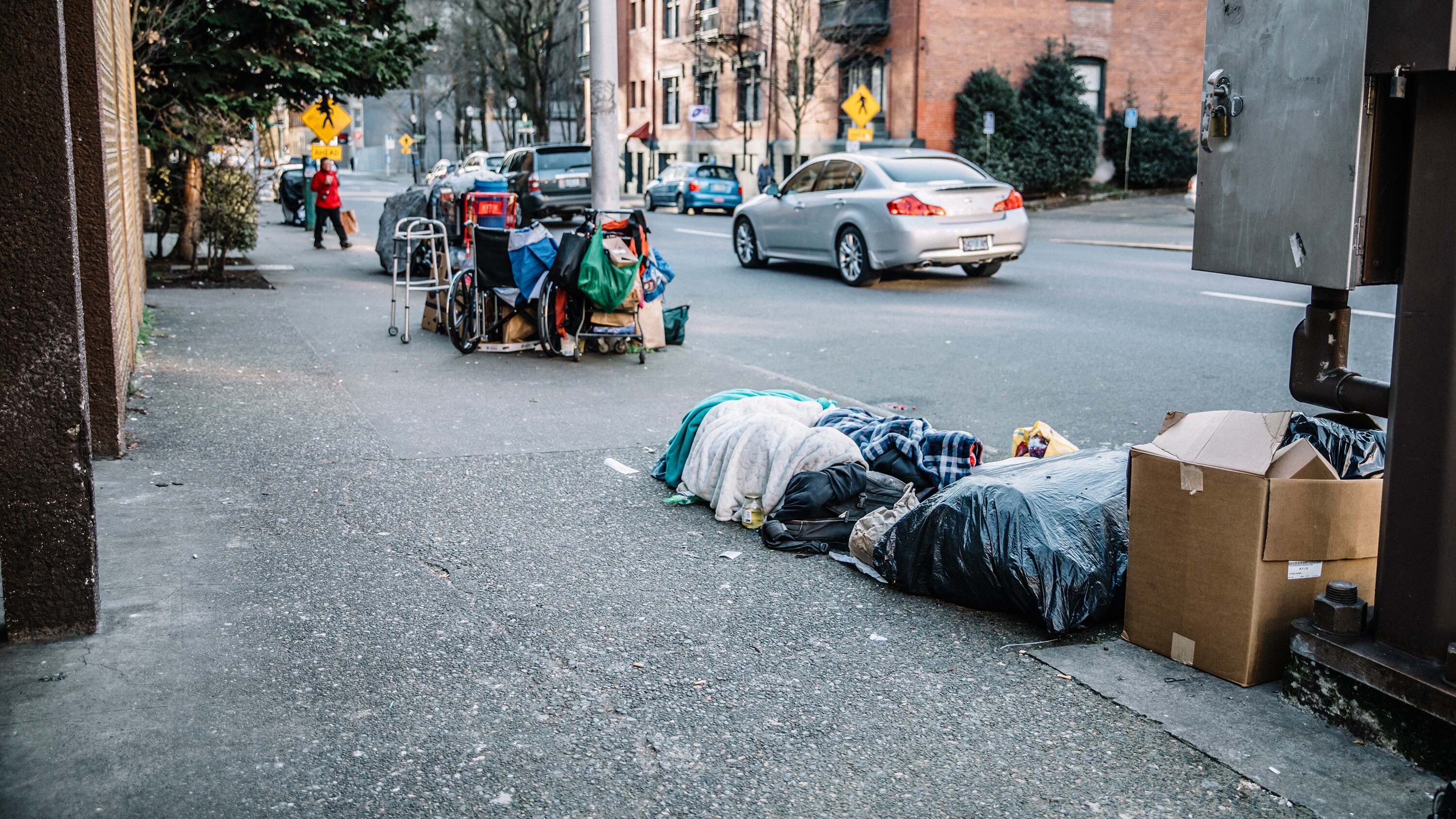On May 11, Sam Adams—Portland’s former mayor and current Mayor Ted Wheeler’s business liaison—met with partners from some of Portland’s largest downtown law firms to discuss homeless camps in Portland (“Camping Retreat,” WW, May 19, 2021). WW spoke to several people who attended the meeting, all of whom recounted Adams describing Wheeler’s plan to move unhoused Portlanders from downtown sidewalks to designated campsites in the city’s neighborhoods. Plans for sanctioned camping lots have previously caused backlash from neighbors. Sanctioned camps also conflict with Multnomah County Chair Deborah Kafoury’s proposed budget for homeless services, which she intends to spend largely on permanent housing. Here’s what our readers had to say:
Chris, via wweek.com: “There’s a surprise: privileged access, favoritism, and inclusion in Wheeler’s decision for a bunch of wealthy downtown lawyers…and the middle finger to the homeless and middle class neighborhoods.”
@mlucan1, via Twitter: “Shadow Mayor meets with coven of wealthiest, bloodsucking lawyers, hatches yet another plot to push the homeless away from their money.”
Shane McDonough, via Facebook: “So the solution is to move them from in front of expensive offices into neighborhoods? Really forward thinking. Just make sure you find a neighborhood too poor to fight back.”
Dan Van, via Facebook: “What has the county done so far? Have they issued any of these wonderful housing vouchers that they think are going to solve the problem? Do they have outreach people going to the camps to help folks apply or do they have to go to the county office? Will the vouchers even be enough to pay rent in Portland? Moving people around may be a temporary solution, but if we get folks where they have access to sanitary facilities, that’s at least a small but immediate step toward improving their lives.”
@dijcrap, via Twitter: “Ah yes, the depressing irony of the white-collar beneficiaries of a massively flawed criminal justice system pooling their resources to shout about a symptom vs. being advocates for real change and betterment to their community and the ‘city they love.’”
@JohnEvans1019, via Twitter: “Cool! Now people can stop whining that the homeless are a problem. The homeless have a problem. Let’s be kind.”
NoMoreGods, via wweek.com: “This is not a homeless issue! This is a severe mental health and/or addiction issue requiring upwards of $200,000 for each chronically homeless person we see just to become marginally stabilized enough to be considered for permanent housing. We have let ideological constraint and the overuse of an untested, unproven model—which is required for federal reimbursement that homeless agencies rely on for their primary revenue —to cloud our understanding of what we are actually facing. Until we face this reality, we will not address these issues in any meaningful way.”
Deany Goode, via Facebook: “Do something about the cost of living or raise the minimum wage.”
Steve Dixson, via Facebook: “I’m sure they will keep having meetings and get public opinions forever until the next mayor and commissioners come along. I only see a lot of talk and no action. That’s how our city government is. Meanwhile, the problem will continue to get worse.”
Letters to the editor must include the author’s street address and phone number for verification. Letters must be 250 or fewer words.
Submit to: 2220 NW Quimby St., Portland, OR 97210.
Email: mzusman@wweek.com

